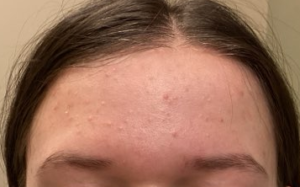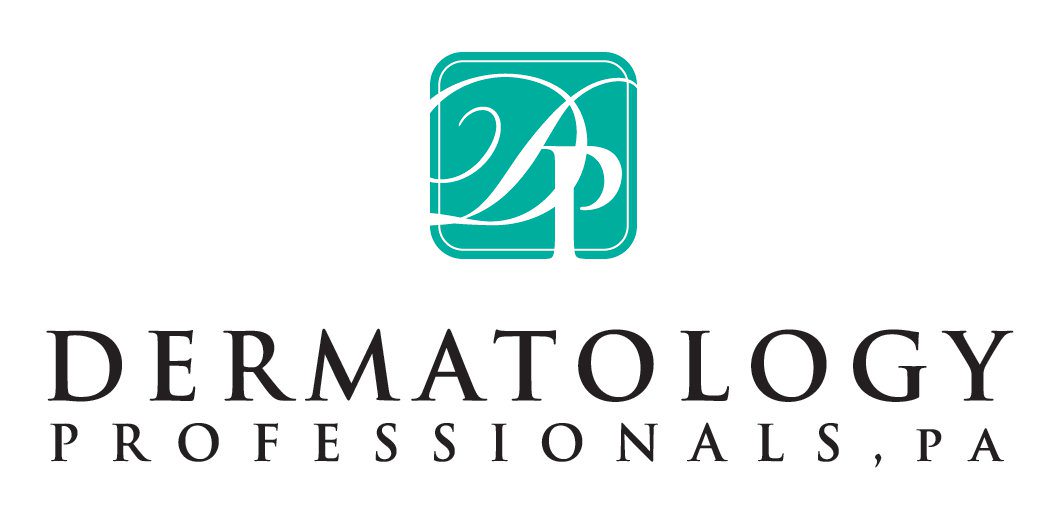
Acne Treatment
Acne is a skin condition characterized by plugged pores, inflamed pimples and deeper, tender lumps (cysts). It usually occurs in the areas of increased oil (sebaceous) glands – face, chest and back. Typical teenage acne develops between ages 12 to 18, but may occur as early as age 8.
Many adult women, even those who never experienced teenage acne, develop hormonal acne during their 20’s or 30’s and most find this very frustrating.
Acne is generally thought to be due to genetics, puberty, hormones and occasionally oil-based cosmetics. Diet and dirt are not causes of acne. The dark pigmentation in blackheads is pigment from the hair follicle. Excessive washing and scrubbing can actually make acne worse. If you are breaking out around the same time every month and you are a female, then more than likely its hormonal acne. Hormonal fluctuations caused by menstruation, pregnancy, menopause or birth control pills can create an excess of oil produced causing more breakouts. This type of acne is often cyclical and occurs around the mouth and chin.
Why is Acne Treament necessary?
Here are 7 science-backed reasons why early treatment appears to be your best option.
-
-
- Get faster results from treatment.
- Reduce scars.
- Stop lingering spots from developing when acne clears.
- Prevent mild acne from becoming severe.
- Decrease the likelihood you’ll need stronger acne medicine.
- Avoid years of acne.
- Sidestep emotional distress.
If you unsure of what would be the best treatment for you, your teen’s or pre-teen’s acne, seeing a dermatologist can help.
All dermatologists use combination therapy to treat acne. What combination is used will depend upon whether the acne is primarily plugged pores (blackheads or whiteheads) or inflammatory lesions (cysts and papules).
For comedones (plugged pores) topical medications with vitamin A acid-like compounds and benzoyl peroxide are usually used first. Treatment is an ongoing process and improvement may take up to 6 weeks to start.
For more severe acne, oral antibiotics such as tetracycline, minocycline, doxycycline, or sulfamethoxazole are often added to the topical gels/creams. These antibiotics help to reduce inflammation even though acne is not caused by an infection. Tender, swollen acne cysts can be treated with cortisone injections if they are caught early on.
Acne related to hormonal fluctuations is usually treated with birth control pills often in combination with spironolactone (which helps to block the effect of hormones on oil glands) or oral antibiotics. Contrary to old case reports, detailed studies have shown that antibiotics of the kind used to treat acne do not reduce the effectiveness of contraceptive pills.

